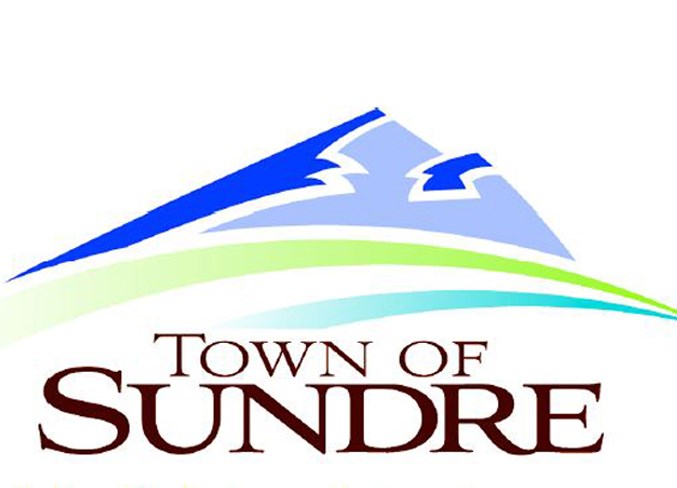Council did not arrive at a unanimous consensus when elected officials carried a motion approving the 2019 FortisAlberta Franchise Fee.
Chris Albert, director of corporate services, presented the annual request during council’s Oct. 15 meeting. It had to be ratified before the company’s Nov. 1 deadline so any changes could be implemented by Jan. 1.
“Currently, the Fortis franchise fee is nine per cent,” he said, adding that was about $159,000 in the 2018 budget.
However, Fortis estimates the actual figure to be closer to $1630,000. Keeping the fee at nine per cent would be about $174,000 for the 2019 budget, he said.
The municipality originally approved a fee of five per cent in 2013, which in 2015 was bumped up to seven per cent for the 2016 fiscal year. Subsequent adjustments by council increased the rate to eight per cent for the 2017 fiscal year and then to nine per cent for the 2018 fiscal year, he said.
And although initially established to fully offset taxes rather than fund specific projects, revenue generated by the fee has since been split to do both. Last year’s motion designated six per cent to offset taxes and the remaining three per cent to pad the infrastructure reserve.
Council had the option to maintain the fee as is, decrease the rate or possibly even increase it to a maximum of 20 per cent, he said.
“For the average ratepayer, in 2019, if we stuck with nine per cent, it would be a total cost of just under $10,” he said.
Coun. Cheri Funke moved to leave the fee unchanged at nine per cent, with six per cent offsetting taxes and three per cent allocated to the infrastructure surplus.
Mayor Terry Leslie and Coun. Richard Warnock each spoke against the motion, urging their colleagues to consider giving local taxpayers more of a break.
“The Fortis franchise fee should be as it was originally intended, to go towards subsidizing the tax rate,” the mayor said.
“The fee allows us to gather revenue from folks who don’t pay taxes — that would be hospitals, schools, portions of Mountain View Seniors' Housing facility, churches.”
The initial intent was to recover some revenue from those who are otherwise exempt from paying taxes to help subsidize those who do pay taxes to cover the likes of infrastructure costs, he said.
The mayor went on to add council should also consider annually increasing the fee by one per cent in the coming years to accommodate growing financial requests from community organizations such as the Greenwood Neighbourhood Place Society, which earlier during the meeting had a delegation that presented information about the group with a request for $30,000.
Funke said the motion still helps subsidize the tax rate, and that the other portion earmarked for reserves ensures having adequate funding in place to in turn reduce the burden for future taxpayers.
The mayor countered that the municipality is already taking measures to save for the future.
Coun. Todd Dalke, who spoke in favour of the motion, said he agreed with both perspectives.
“Our future projects cost the taxpayers. So something that we can put away currently will still save taxes. Immediately? Maybe not,” said Dalke.
But the more money is in reserves for impending major infrastructure projects, the less the municipality will have to depend on taxes, he added.
Warnock expressed concerns about the state of reserves for the future, but added many residents are preoccupied with getting through today.
“It’s good to have something for the future and I look forward to a reserve package that is viable and works for Sundre, because I don’t believe the one we have is,” the councillor said.
But in speaking against the motion, he added, “I do believe that we owe something to the taxpayer and the families that are struggling in Sundre today.”
Funke’s motion carried with Leslie and Warnock opposed.



